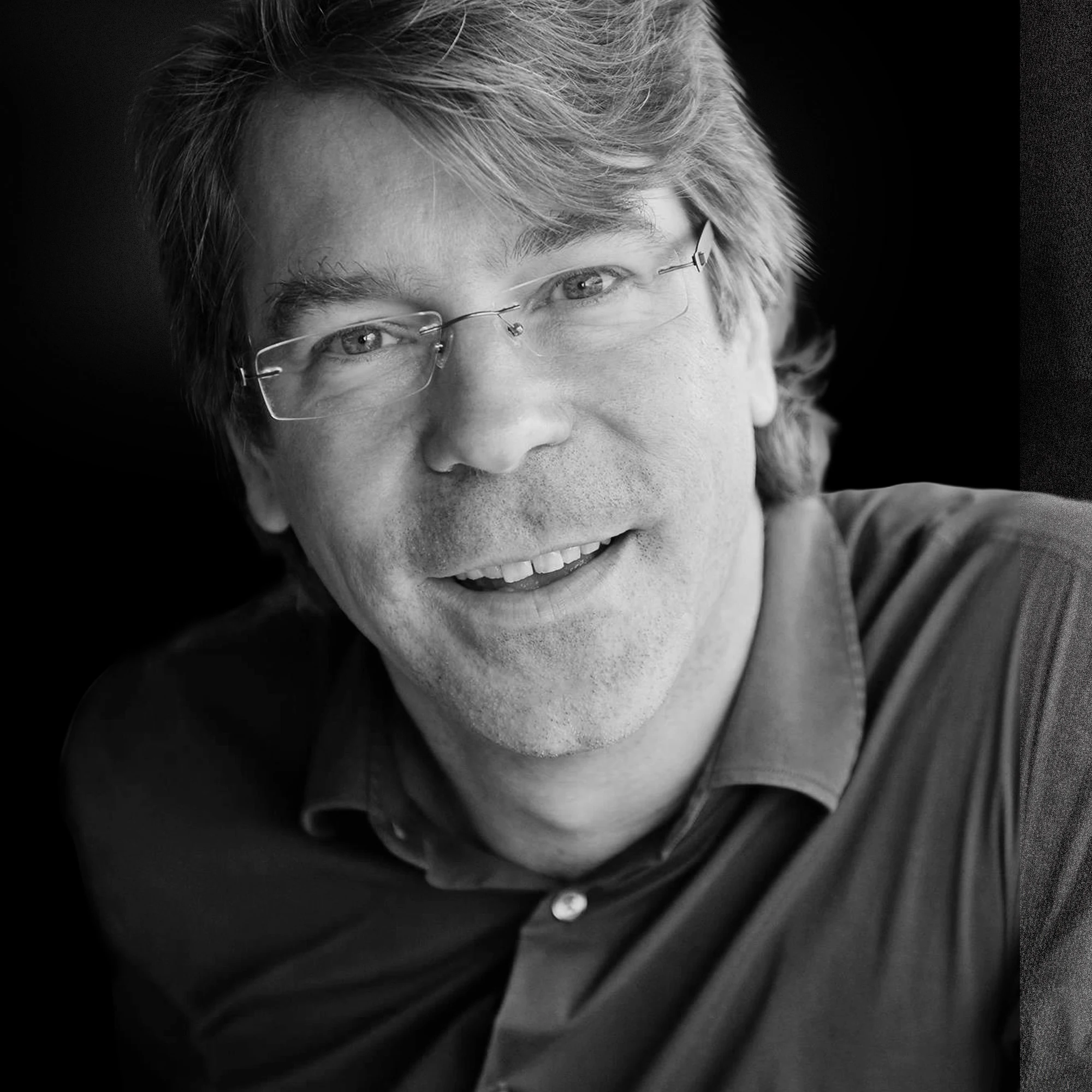This website does not use cookies. The contact form processes your information exclusively for email forwarding. Further information can be found in our Privacy Policy.

Born in the Bavarian Alps, Collin McMahon grew up within the tension of two worlds: the playful media sphere of the United States and the politically charged media landscape of Germany. His true weight unfolds where entertainment ends and the struggle over truth, power, and interpretive authority begins.
His books—Der Zensurkomplex, Trump gegen den Deep State, or most recently Eroberung. Wie der politische Islam Deutschland unterwandert—are not academic studies. They are interventions. McMahon does not write to smooth things over; he writes to expose fissures. Fissures in public life, in political communication, in the relationship between citizen and state.
For a long time, he stood behind the scenes—as translator of international productions, as a man of language. In recent years, however, he has stepped into the arena himself. He has become politically active, participated in the “Conference of Free Media,” and gained a voice within a milieu that deliberately places itself outside the established discourse. There, McMahon acts as a mediator—between the American cultural background he has known since youth and a German society he increasingly sees at odds with itself.
His texts and appearances are not free of sharpness, not free of provocation. But they are carried by the conviction that the public sphere requires conflict—and that one only understands power when one names its shadows. Thus the translator becomes an interpreter, the author a political chronicler.
Collin McMahon stands as an exemplary figure of the present: an intellectual on the borderlands between culture and politics, between the literary world and political struggle. One who does not merely describe the fractures but becomes part of them himself.